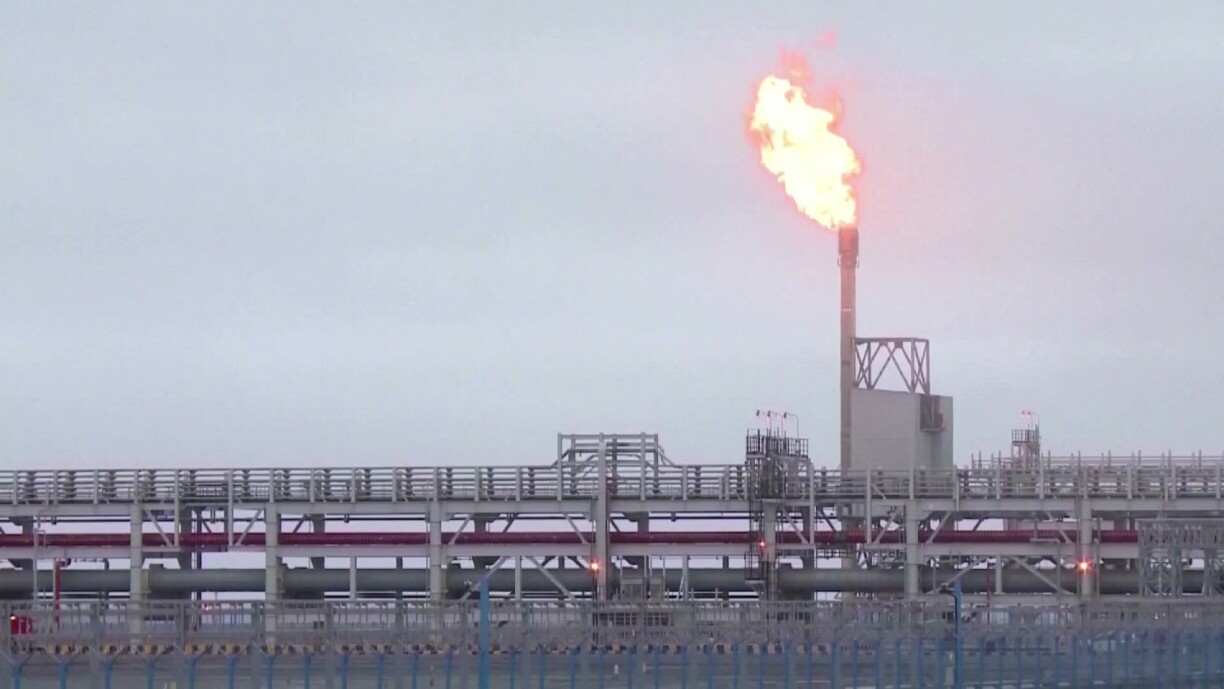
With the pandemic and now the war in Ukraine, Luxembourg’s industrial sector is currently facing great challenges, and the Federation of Luxembourg Industrialists (Fedil) is preparing for fundamental changes.
Sanctions against Russia do not only harm the Russian economy: Luxembourg’s industrial sector imports important raw materials from Russia, either directly or through indirect methods that are no longer accessible.
“These decisions are not ours to make. When the politicians decided on them, we implemented them. Our role is to determine and explain what the consequences are,” says Fedil Director René Winkin.
Explaining the consequences can be challenging. In theory, Luxembourg’s industry could support a total ban on Russian oil and gas imports. However, Germany’s industry would be severely impacted, and Luxembourg is dependent on its neighbour in many ways.
If there is a gas shortage, the industrial sector will be the first to have its gas cut off, Winkin explains. The companies in this sector often produce goods that are “at the beginning of the process”, e.g. metal, glass, synthetic materials. “We have to assume that, in this case, many sectors will also be forced to shut down,” Winkin states.
And the prices of the products that would remain on the market would skyrocket.
The implications of a ban on Russian oil shipments are predictable: increased gas prices. However, a gas embargo, according to Fedil, is a societal issue. Gas consumption should fall in general, according to the industry federation, which supports the tripartite agreement despite the fact that fundamental concerns are still to be addressed.
Nevertheless, Fedil thinks that the tripartite parties should have looked at what structural changes could have been made. “If these shortages worsen, it will no longer be enough for the government to say that they will simply give people money to spend as they have done in the past. If there’s a scarcity, there’s a scarcity,” Winkin stresses.
The goal is thus to reduce reliance on imports. According to Winkin, there is great deal of interest in decarbonisation among industry players.
The full report by RTL Télé (in Luxembourgish):